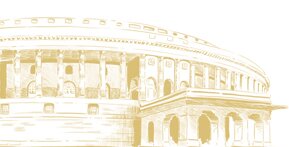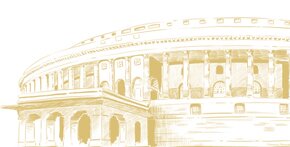Resources
1. Constitution of India
The Constitution of India is the supreme law of India.
It lays down the framework defining fundamental political principles, establishes the structure, procedures, powers, and duties of government institutions, and sets out fundamental rights, directive principles, and the duties of citizens. It is the longest written constitution containing 450 articles in 22 parts, 12 schedules and 94 amendments.
For more information, please visit:
Constitution of India
It lays down the framework defining fundamental political principles, establishes the structure, procedures, powers, and duties of government institutions, and sets out fundamental rights, directive principles, and the duties of citizens. It is the longest written constitution containing 450 articles in 22 parts, 12 schedules and 94 amendments.
For more information, please visit:
Constitution of India
2. The Parliament
The Parliament of India is the supreme legislative body in India. Founded in 1919, the Parliament alone possesses legislative and thereby ultimate power over all political bodies in India. The Parliament of India comprises the President and the two Houses, Lok Sabha (House of the People) and Rajya Sabha (Council of States).
Fore more information, please visit the following links:
i. Lok Sabha
ii. Rajya Sabha
iii. More about Parliament
iv. How a bill is introduced
v. Official website of parliament
Fore more information, please visit the following links:
i. Lok Sabha
ii. Rajya Sabha
iii. More about Parliament
iv. How a bill is introduced
v. Official website of parliament
3. Indian Penal code
The Indian Penal Code is the main criminal code of India. It is the legislation which deals with substantive criminal law. It not only defines various criminal offenses but also instructs about the punishment which can be awarded for an offense. The Code attempts to cover the large scope of criminal law within its ambit. It is divided into chapters and sections, which are provided in this link.
The IPC
The IPC
4. RTI
The Right to Information Act 2005 (RTI) is an Act of the Parliament of India "to provide for setting out the practical regime of right to information for citizens." The Act applies to all States and Union Territories of India except the State of Jammu and Kashmir. Jammu and Kashmir has its own act called Jammu & Kashmir Right to Information Act, 2009.
Fore more information, please visit the following links:
i. RTI website
ii. The RTI act
iii. More about RTI
iv. Write an RTI application
v. Submit an RTI Application
Fore more information, please visit the following links:
i. RTI website
ii. The RTI act
iii. More about RTI
iv. Write an RTI application
v. Submit an RTI Application
5. Budget 2011-12
The Union Budget of India, referred to as the annual Financial Statement, is the annual budget of the Republic of India, presented each year on the last working day of February by the Finance Minister of India in Parliament. The budget contains all the information about new investments to be taken up, taxation, fiscal policies and expenditure on various departments for the upcoming year and is looked upto with great expectations by one and all. The budget has to be passed by the Lok sabha before it can come into effect on April 1, the start of India's financial year. Interesting fact - Former Finance Minister Morarji Desai presented the budgeteight times, the most by any before it was passed by the Lok Sabha.
Highlights of the Budget
Highlights of the Budget





